English
繁體中文
简体中文

When you savor your favourite sweet and sour pork ribs or pepper steak, you might not realise the hidden impact of your meal. According to CUHK, the rising meat consumption in mainland China is significantly worsening air pollution in less affluent regions. This is deepening the health and environmental divide between the rich and poor. So, your dietary choices are not just about taste—they’re influencing the air quality and lives of many others!
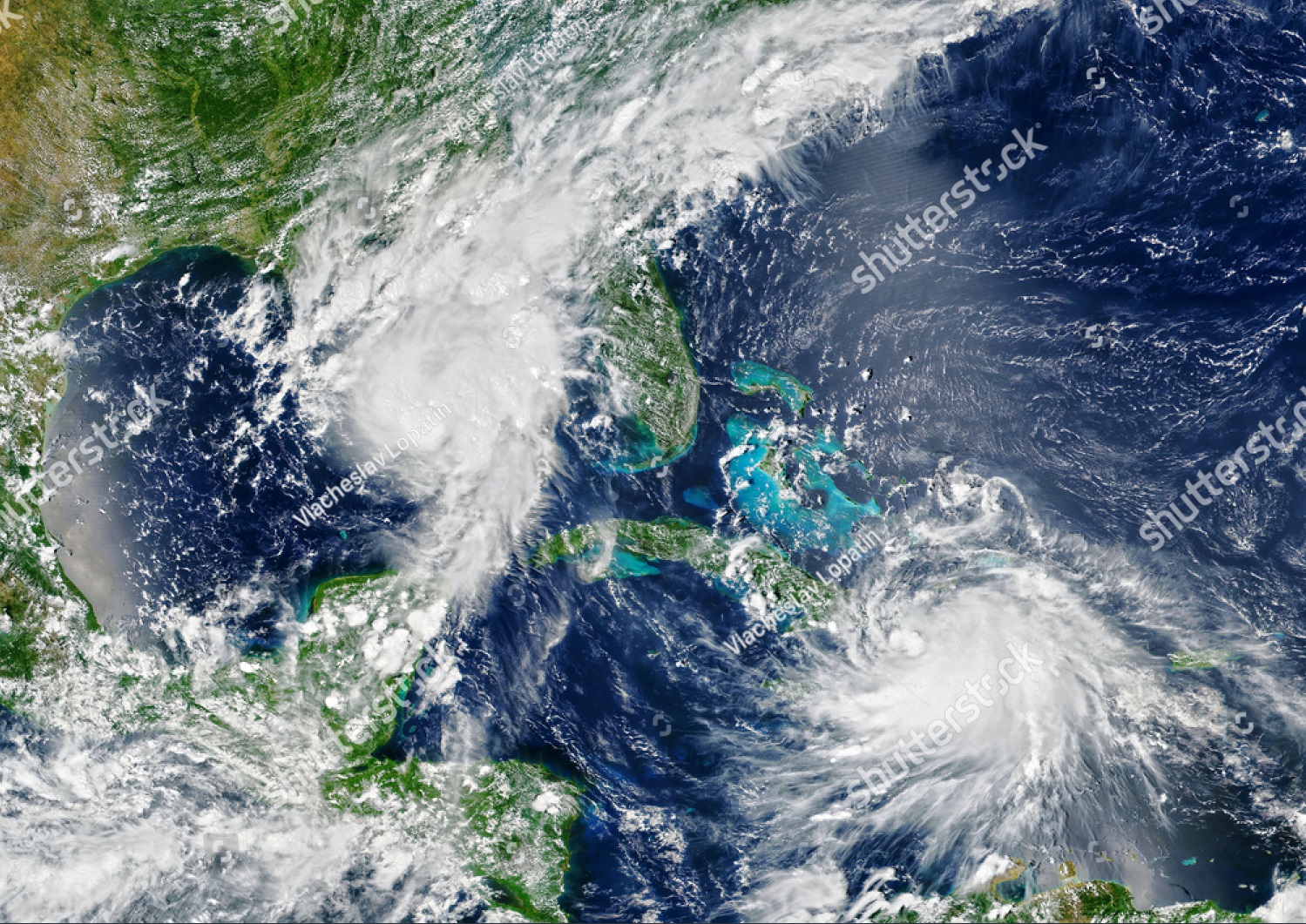
FengWu is not your typical weather forecaster. Forget the human touch – this AI-powered marvel is a game-changer in meteorology. Imagine a forecaster with vision so sharp, it’s like upgrading from a blurry old TV to the latest 8K ultra-high-definition screen. FengWu’s spatial accuracy are over seven times than current weather models. And it doesn’t just stop at tomorrow’s weather; FengWu can peer into the future with stunning accuracy, extending reliable forecasts up to an incredible 11.25 days. It’s not just forecasting the weather; it’s rewriting the rules of the game.
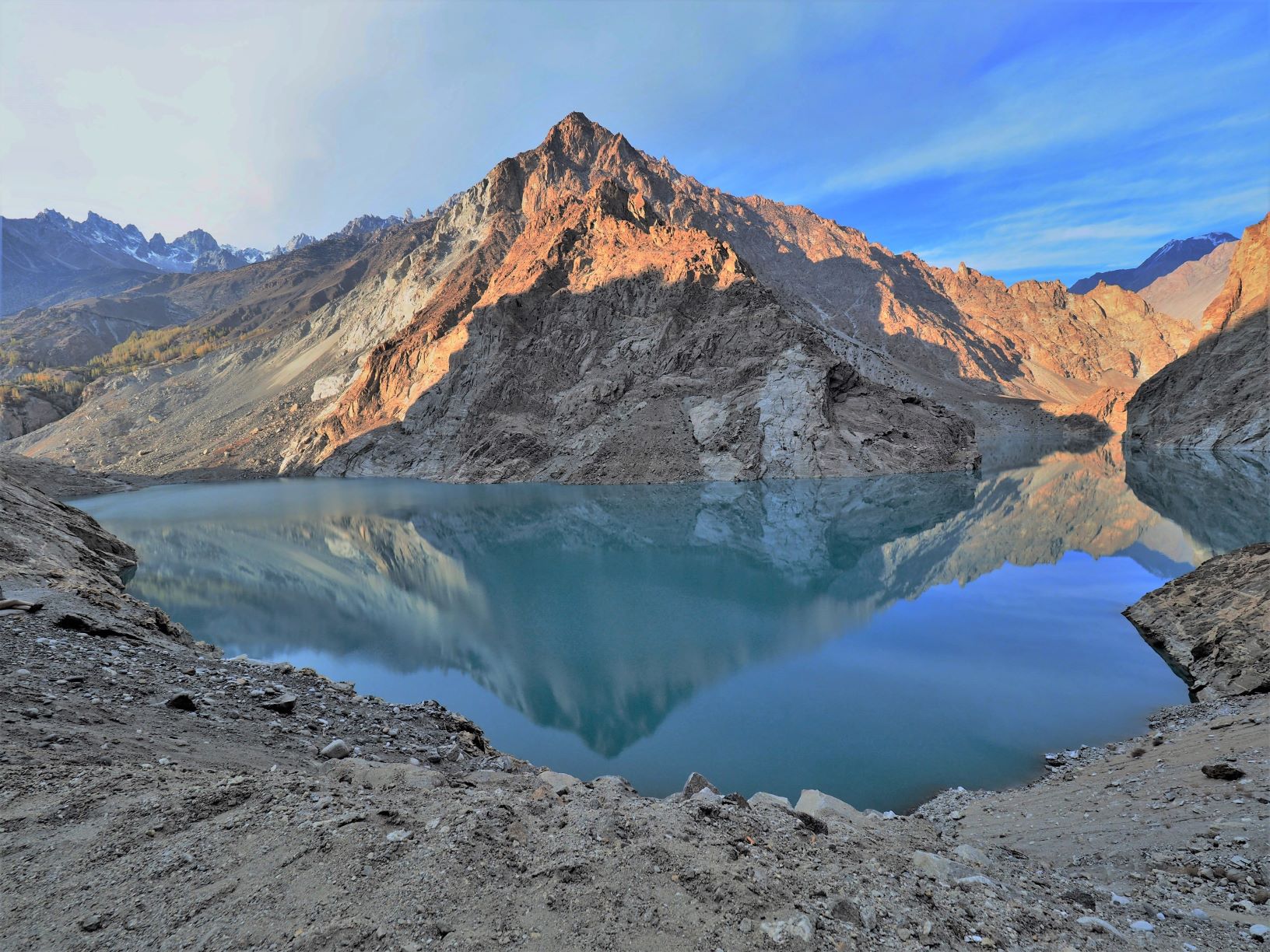
Over 100 earthquakes of magnitude six or higher occur globally each year, according to the United States Geological Survey (USGS), causing numerous casualties. While plate tectonics are their primary cause, along with other factors such as volcanic activity, understanding and predicting their occurrence remains elusive. Now, a CUHK study has unearthed a novel cause: the stress exerted on faults by landslide-dammed lakes. It offers valuable insights for earthquake risk management and prediction.
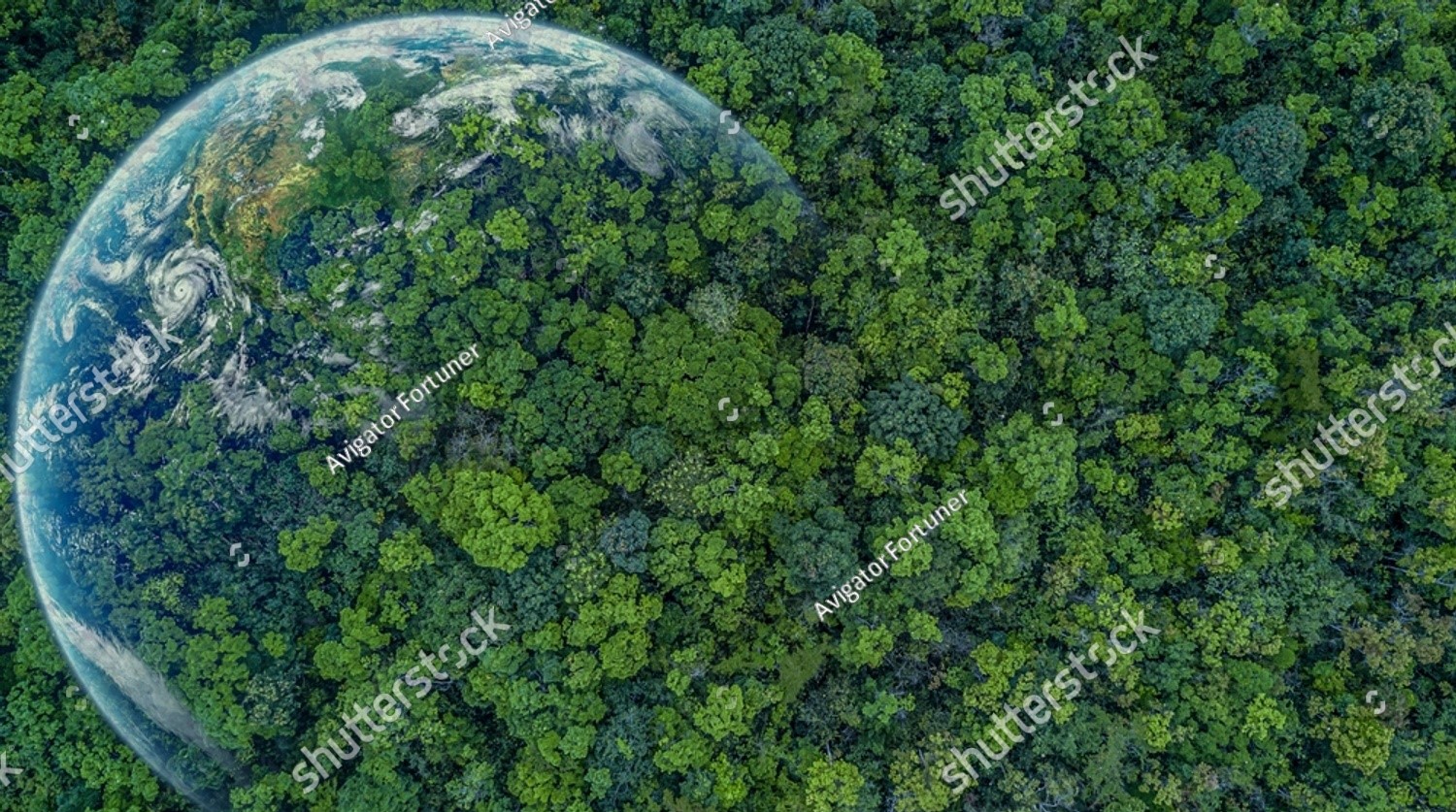
Picture the tropical forest - hot, humid and full of obstacles. The dense plant life, uneven terrain and wild animals make it extremely difficult for researchers to monitor temperatures near the forest floor, crucial data for understanding the impact of climate change. Yet CUHK scientists have braved this inhospitable realm, overcoming immense challenges to discover cooler microclimates close to the ground, and offering vital clues about how these precious ecosystems are responding to our warming world.

Tick-tock, tick-tock: the climate clock is making an alarming sound, counting down the amount of time we have left to save the earth. Scorching heat and potentially devastating flooding are both on the rise. Two recent CUHK studies have explored what we can do about that: while one is helping the authorities map floods and take contingency measures, the other predicts an ever hotter future, and suggests ways we can mitigate the heat’s most debilitating effects.
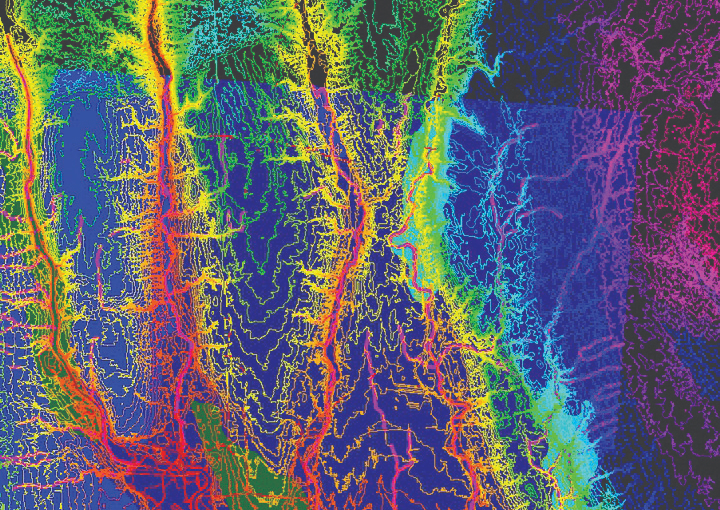
Applied geographers use a variety of techniques to understand and explain human-environment relationships and solve real-world problems. The rapid development of geographic information systems (GIS) and other technologies in the past few decades has greatly expanded the reach of applied geography. Professor Kwan Mei-po, internationally recognised for her ground-breaking work that advanced GIS techniques, is dedicated to finding innovative ways to accurately assess people’s environmental exposures and the impact on their health, with an emphasis to capture individual experience.
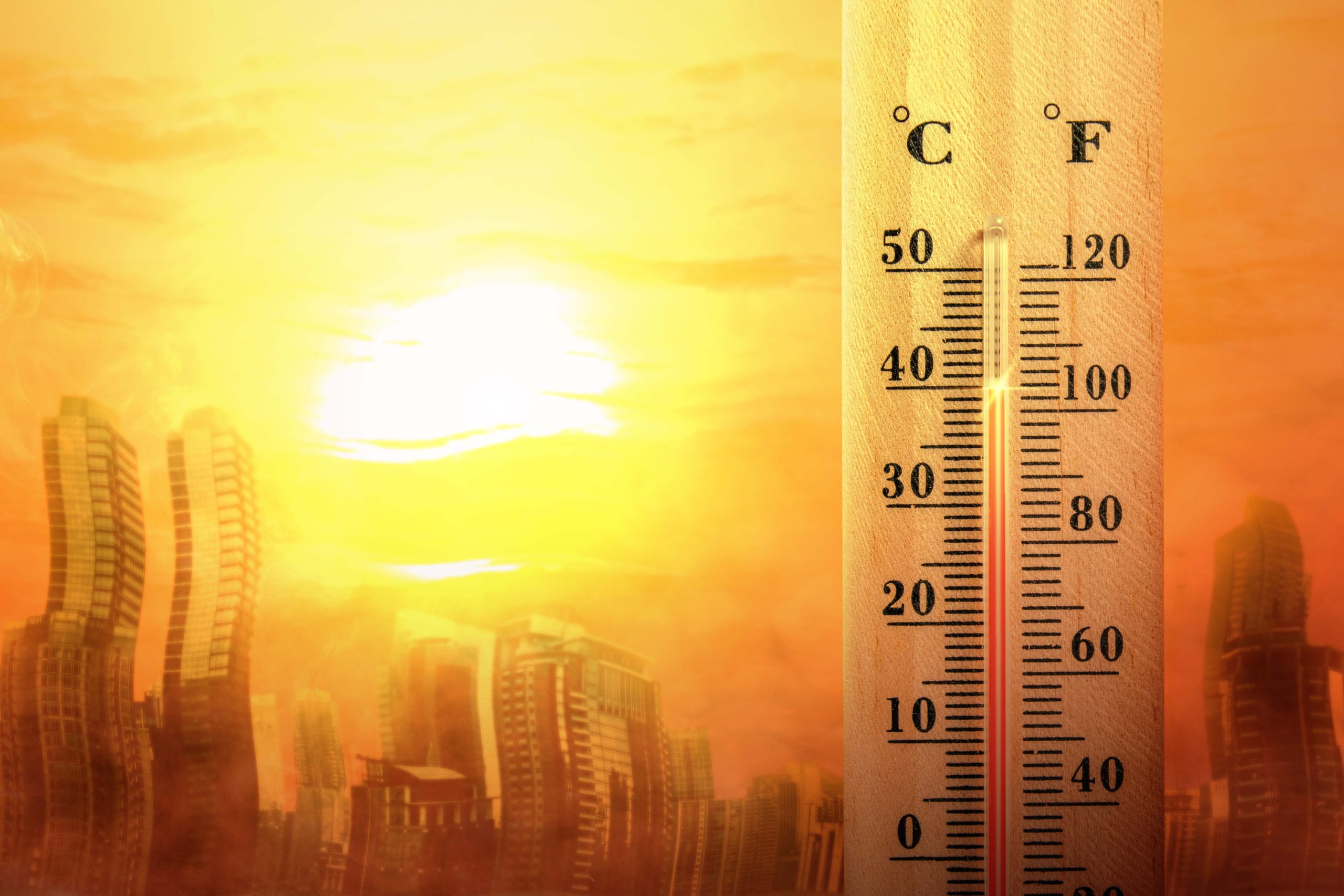
A summer of heatwaves has wreaked havoc on human health, food security and natural ecosystems all over the world this year. With climate change on the march, Hong Kong, as a tiny dot on the map, can’t escape its effects. CUHK experts on climate change, earth and environmental sciences, and architecture discuss what the consequences could be, and what can we do to alleviate them.